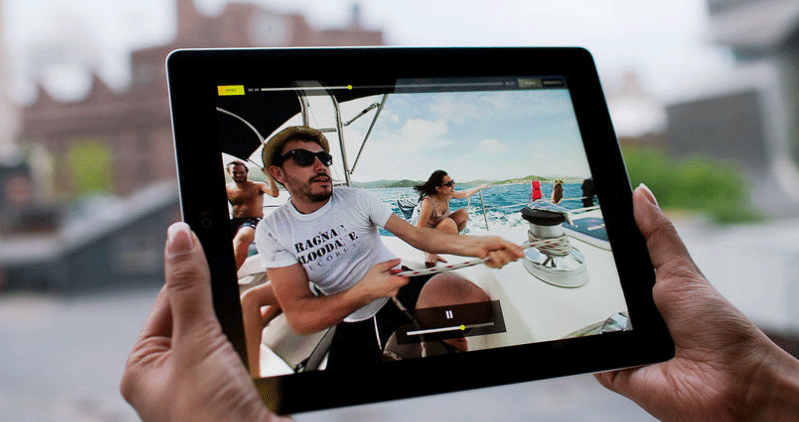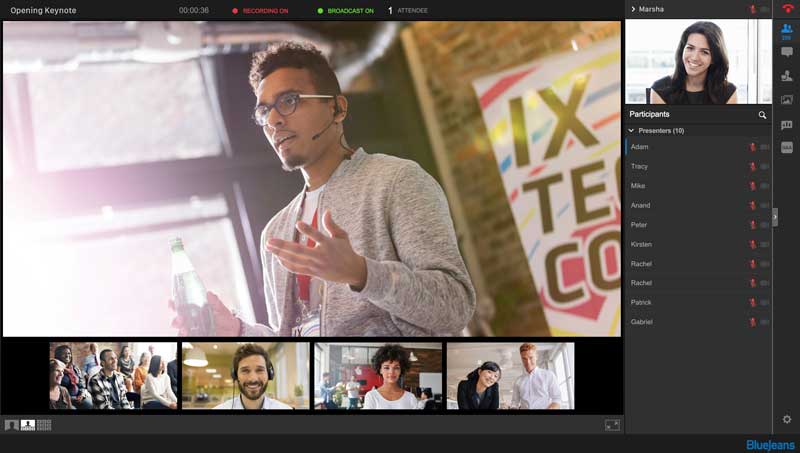Transforming Your Event into a Virtual One in 6 Steps
Nowadays, there is no need to limit your event to traditional brick-and-mortar facilities. It is now possible to host a virtual event that is just as successful, if not more successful, than traditional venues.
Do not be intimidated by the prospect of going virtual for your event. With adequate preparation, some hard work and determination, your virtual event will be a raging success.

About virtual events
Thanks to advances in technology, it is now possible to stream an event over the internet from almost anywhere in the world. Virtual events work with a web-connected device such as a desktop computer, laptop, smartphone or tablet can display the event in all its grandeur as it occurs.
This way, your audience can remain in the comfort of their home while being entertained, learning or enjoying your event virtually.
All sorts of live streaming event apps are available. From Facebook Live to Periscope, YouTube’s live streaming service, Ustream, InterCall and beyond, there are plenty of ways to bring your virtual event to the masses.
1. Understanding the virtual platform you select
Do not choose one of the platforms listed above until you understand its advantages, disadvantages and other nuances.
Think about how and where the virtual experience will be hosted.
Consider the merits of each virtual event streaming service and what they offer depending on your event needs. Once you weigh the pros and cons of these services, you will be able to make an informed decision.
Start by researching these top online platforms for hosting virtual events:
- MegaMeeting
- YouTube streaming service
- ClickWebinar
- Periscope
- ezTalks
- Cisco WebEx
2. Marketing your virtual event
Much of your marketing strategy will remain the same even though the event is now in the virtual realm. However, it is prudent to incorporate video-friendly platforms because this event is video based.

Those who are most likely to watch a virtual event will also be inclined to use video-centric platforms.
From Snapchat to YouTube and beyond, there are countless video-friendly online platforms that will help market your upcoming virtual event in a manner likely to engage your target audience.'
Popular video platforms for marketing:
- YouTube
- Snapchat
- TikTok
-
Instagram/Facebook Live
3. Consider your venue choice
Take some time to think about whether you will need a venue for your virtual event. This depends entirely on the atmosphere and theme of your event.
Do you need a professional conference room?
Is it a more relaxed event where you can be present in your living room?
What is your theme and professional attitude towards the virtual event?
Once you've determined those two things, you'll have a better idea of the type of event space you need.
4. Finding the right host for your virtual event
Your event needs an attractive host and we don't mean based on their looks. Meaning an individual who has successfully hosted or at least has experience with virtual events in the past.

This host should be perfectly comfortable hosting the event in the virtual realm.
Above all, the host must have a personality and aesthetic that translates well in the online realm. If the audience is not drawn to the host’s personality or cannot relate to him or her, the event will not reach its potential.
Furthermore, your audience will be less inclined to view subsequent events you plan as they will have a lasting memory of the disappointing host.
5. Event type matters
In the end, the decision to hold your event in the virtual space or at a conventional brick-and-mortar venue might come down to the type of event it is. It makes more sense to go virtual with certain events while other events are better suited to conventional spaces.
As an example, if you are planning a seminar or lecture, it is prudent to consider going virtual to work with attendees schedules.
However, if you are holding an eSports competition, you might make more money if you sell tickets to a traditional brick-and-mortar venue where video game fanatics can watch all the action on massive screens, buy concessions and socialize with other like-minded people.
6. Understanding your target audience
Above all, what matters most is your target audience. If your events are geared toward a young audience, going virtual might be prudent to grow your reach.
If your target audience is an older demographic or a demographic that does not embrace technology as much as the younger crowd, a traditional offline venue might be better.







